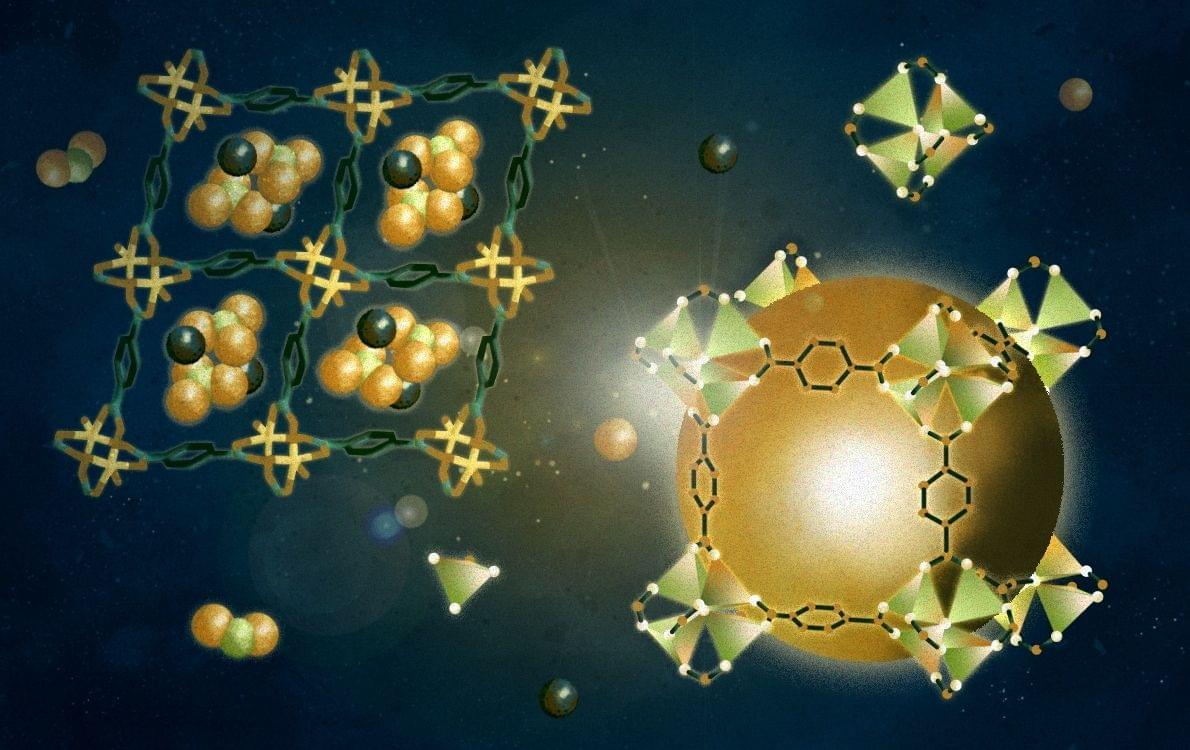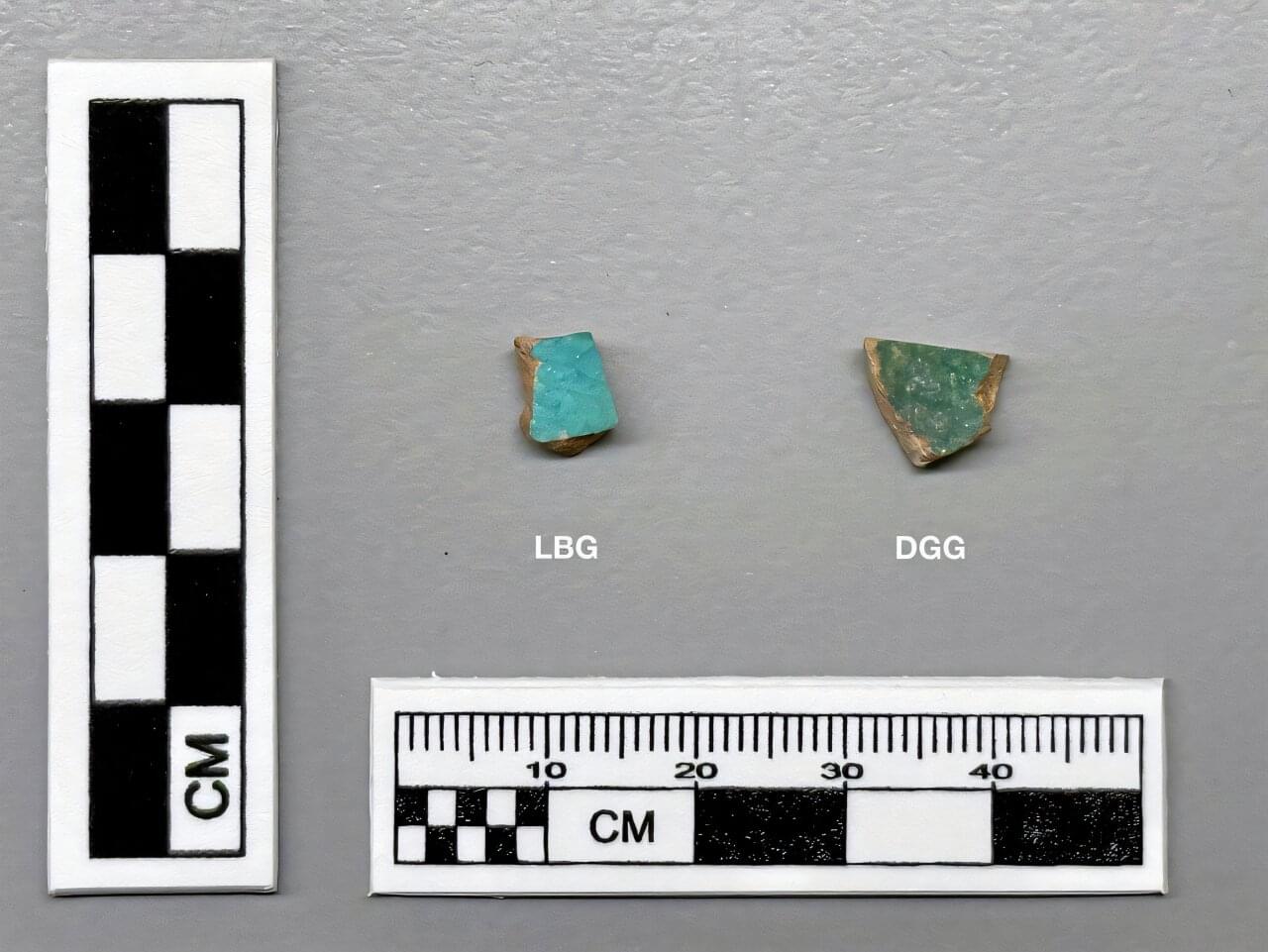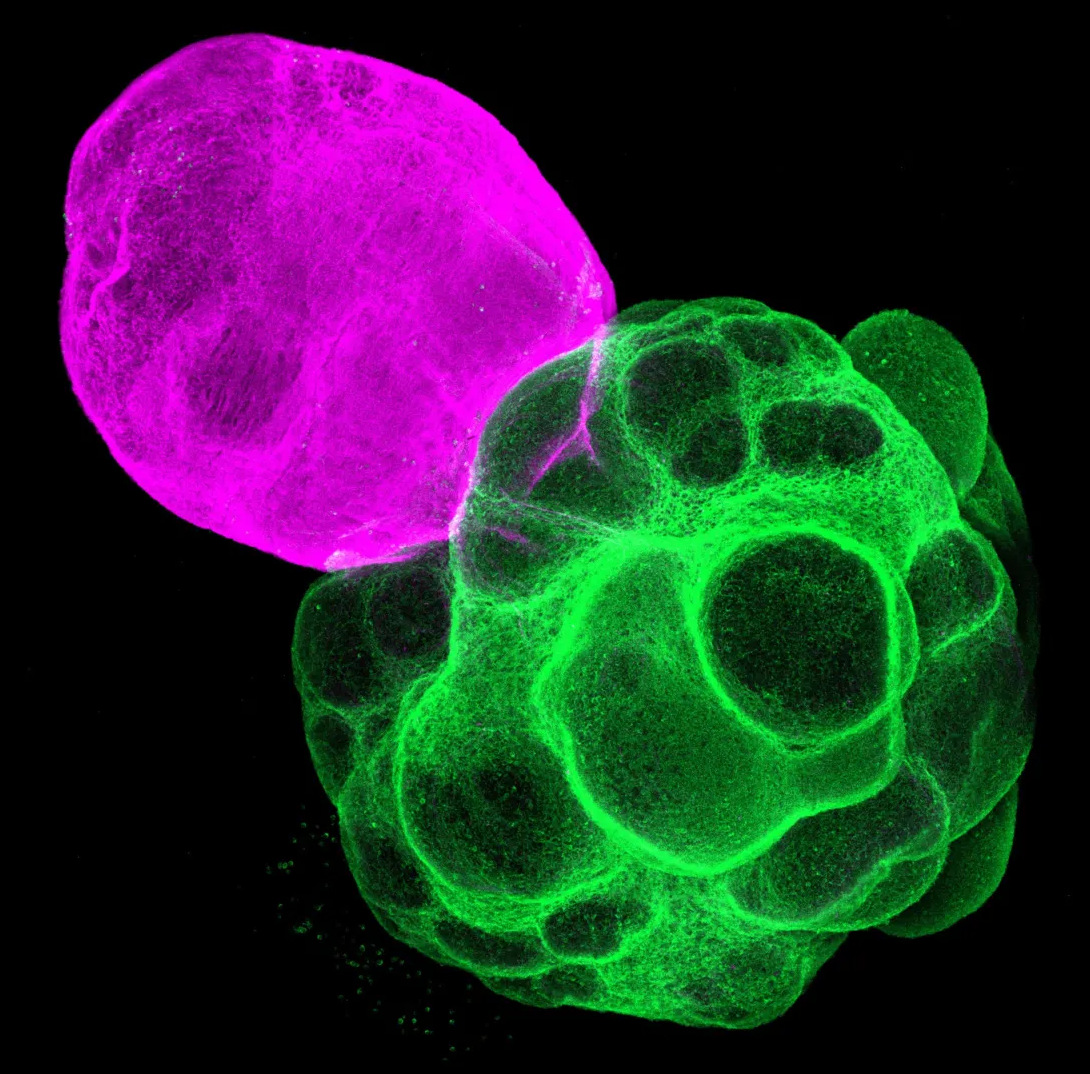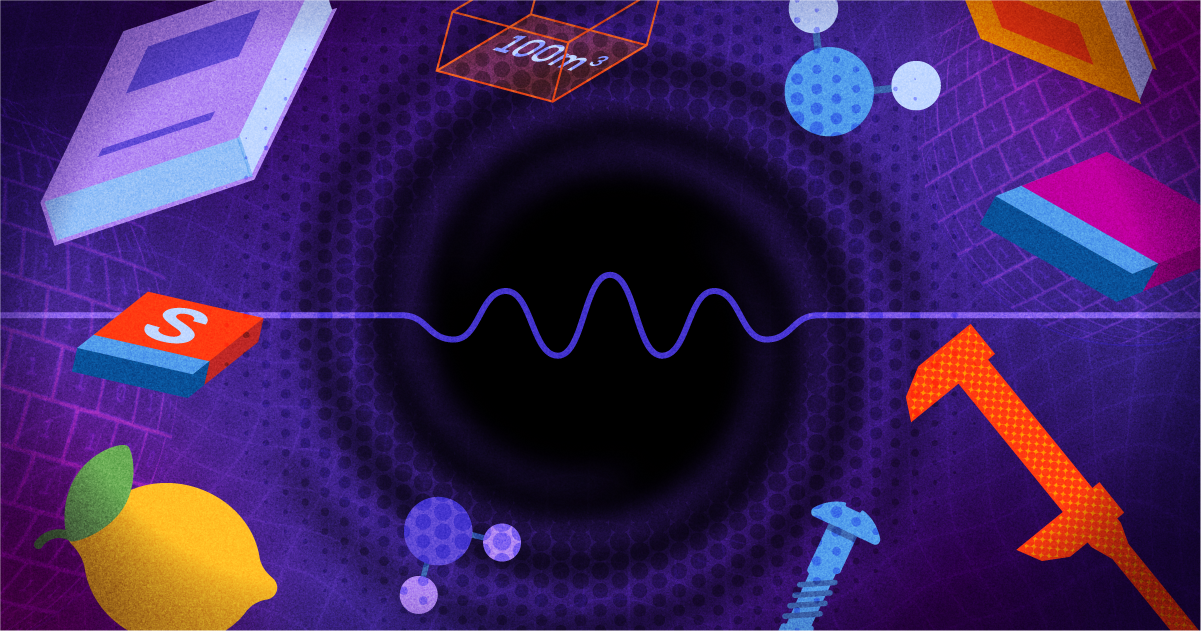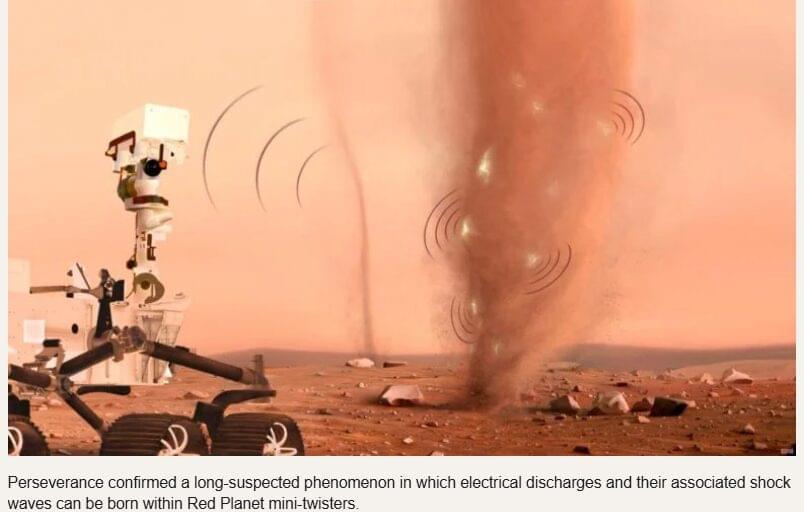The devastating illness deteriorates your brain’s ability to think, remember things and can even alter your behaviour.
While some studies have discovered that engaging in a pretty gross habit or reaching a daily step count can reduce the risk of developing Alzheimer’s disease (AD), for over a century, scientists have considered it an irreversible illness. This is why research has focused on preventing or slowing its progression, rather than recovery.
However, a new study challenges this long-held belief by testing whether brains already severely afflicted with advanced AD could recover.

